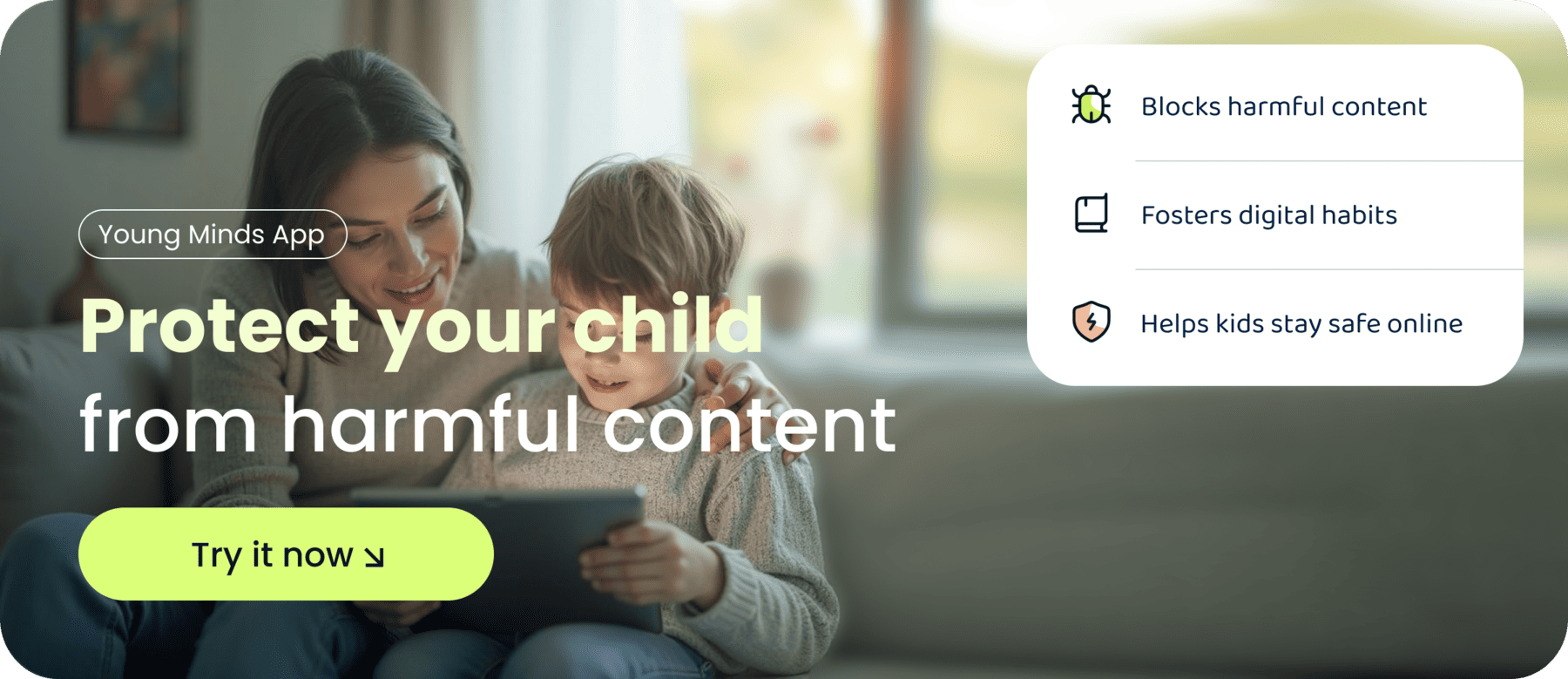Recently, the BBC published a story about a group of teenagers in Bradford who did something many parents would love to see: they turned their bedrooms into tech-free zones. For five days, they gave up phones, consoles, and laptops in their personal spaces to see how life might feel without constant digital distraction.
The results were eye-opening.
The Experiment
Elizabeth, 13, usually spends three to four hours a night watching YouTube in her bedroom, often immersed in her favourite pop idols and endless recommendation feeds. For her, the bedroom was more than a place to sleep, it was her personal media hub.
Henry, also 13, had a different routine but a similar pattern. His evenings stretched late into the night, gaming online with friends until the early hours. He admitted that sometimes he would forget to eat or even drink water during long sessions. Like so many teenagers, both Elizabeth and Henry had seen their bedrooms transformed into digital densprivate spaces where streaming, scrolling, and gaming filled most of their evenings.
When the challenge began, both felt sceptical. Could they really give up their devices in the one place they valued most for independence and privacy? But with technology shifted into communal spaces, something surprising happened.
- Elizabeth, without a phone in hand, began experimenting with new hobbies. She baked bread, looked into ballet lessons, and even chose to watch documentaries with her family rather than retreat alone into YouTube.
- Henry noticed an immediate change in his sleep. Without the temptation of late-night gaming, he was able to rest earlier and reported feeling sharper and more focused at school.
Perhaps the most important transformation wasn’t what the teenagers did differently, it was what their families noticed. Parents reported more conversation at the dinner table, shared laughter in the living room, and a sense of connection that had been eroded by hours of solitary screen use. In other words, removing technology from the bedroom didn’t just improve the teens’ routines; it reshaped the whole household dynamics.
%20(1).png)
Tech-Free Bedrooms Improve Sleep and Balance
This experiment wasn’t about banning technology altogether. The teenagers still had access to their phones, consoles, and laptops. The only difference was where they could use them. That small boundary, no tech in the bedroom, was enough to create healthier rhythms almost overnight.
For parents, this holds a vital message: rules don’t need to be extreme to be effective. By setting clear but realistic boundaries, families can restore the bedroom to its intended role, a space for rest, focus, and calm, rather than a 24/7 entertainment hub.
Education Through Experience
The most powerful part of the challenge wasn’t that the rules were enforced, but that the benefits were felt. When children notice for themselves that they sleep better, feel more refreshed, and even discover new hobbies, boundaries stop being “rules from mum or dad.” They become habits worth keeping.
That’s how education takes hold, through lived experience. As one Bradford parent observed, the project “gave her an idea that there’s other things to do besides going on your mobile phone.” That kind of insight is far more valuable than any lecture or restriction. It plants the seed for lasting digital awareness.
The Pressure of the “New iPhone” Cycle
Of course, parents know that it isn’t always this simple. Every September, a new iPhone or smartphone launches, and with it comes a tidal wave of peer pressure. Teens compare devices in the playground, measure social status by camera quality or screen size, and often feel left out if they don’t have the latest upgrade.
This culture of “always-on, always-upgrading” makes it harder for young people to imagine life without their devices at arm’s reach, even at night. A tech-free bedroom, however, helps shift the focus. It shows children that self-worth isn’t measured by the phone in their pocket, but by the choices they make with their time.
For families, it’s a reminder that boundaries aren’t just about sleep or screen time, they’re about protecting children from the social pressures that come with constant connectivity.
The Screen Time Problem in Numbers
The BBC’s survey, conducted with over 2,000 teenagers, revealed just how widespread these challenges are:
- 38% of teens spend five or more hours a day on their phones.
- 27% of parents set no screen time limits at all.
- 39% of young people said they would consider removing tech from their bedrooms to cut down usage.
These figures show that while screen use is a normal part of modern life, many families lack the boundaries that support balance. Simple changes, like keeping tech out of bedrooms, can have outsised benefits.
What Parents Can Take Away
- Make bedrooms tech-free zones to improve sleep, concentration, and wellbeing.
- Explain the “why” behind new rules—children respect boundaries more when they understand the reason.
- Balance beats restriction—the aim is not to eliminate tech but to model healthy habits.
- Offer alternatives—books, creative hobbies, or family time can naturally replace screens.
A Final Word
At Young Minds App, we believe in this balance too. Our philosophy combines education, safety, and healthy routines to prepare children for a confident digital future. Because tomorrow’s tech leaders aren’t the kids who never touched a screen—they’re the ones learning today how, and when, to switch off.
Parents also ask:
Why should bedrooms be tech-free?
Bedrooms should be restful spaces. Removing devices reduces late-night scrolling, improves sleep, and strengthens wellbeing.
Does this mean banning screens altogether?
Not at all. The Bradford teens still used devices, but only in shared family areas. This builds balance without isolating them from friends or interests.
How do I introduce this rule without conflict?
Start small. Present it as a family wellbeing experiment, not a punishment. Try it for one week, then talk together about the benefits you notice.





